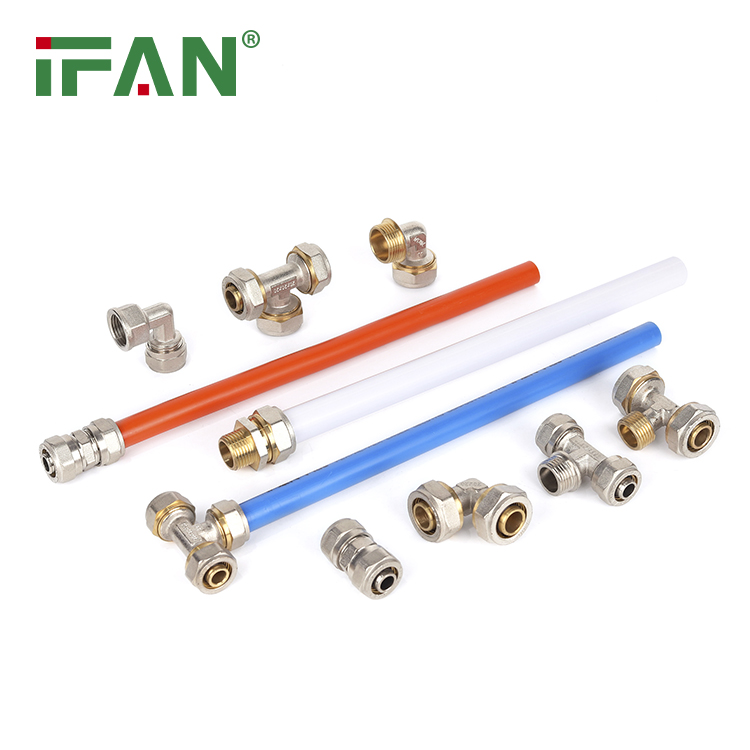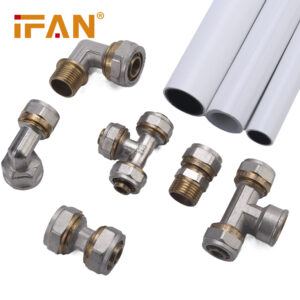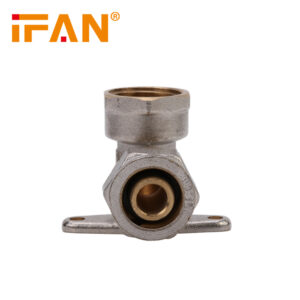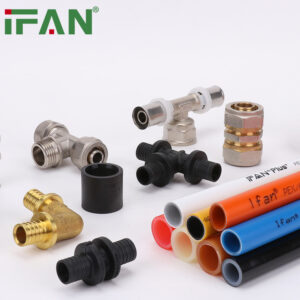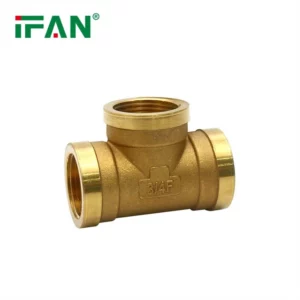Description
When it comes to plumbing, one of the most common questions is whether PEX or PVC is better. PEX (cross-linked polyethylene) and PVC (polyvinyl chloride) are both popular choices for plumbing pipes, but they have some key differences.
PEX is a flexible plastic material that is easy to install and resistant to freeze damage. It is also less likely to burst under high pressure than PVC. PVC, on the other hand, is a rigid plastic material that is cheaper than PEX but can be prone to cracking in cold temperatures.
Another advantage of PEX is its ability to resist corrosion, making it a great choice for areas with hard water or acidic soil. PVC, on the other hand, is prone to corrosion and can be damag by certain chemicals.
When it comes to installation, PEX is often considered easier to work with because it is flexible and can bent around corners without the need for fittings. PVC, however, requires more fittings and connections to navigate tight spaces.
In terms of longevity. PEX pipes have a lifespan of around 50 years, while PVC pipes can last up to 100 years. However, PEX pipes are less likely to develop leaks over time, which can lead to water damage and costly repairs.
Ultimately, the choice between PEX and PVC depends on your specific needs and budget. PEX is a great choice for those who value ease of installation and resistance to freeze damage and corrosion. PVC is a good option for those who want a cheaper material that can withstand high pressure
In conclusion, both PEX and PVC have their pros and cons, and the decision ultimately comes down to your individual needs. Be sure to consult with a plumbing professional to determine which material is best for your home or business. more information contact us facebook
Related products
-
Compression fitting
The Advantages of PEX Compression Fittings: A Comprehensive Guide
-
Compression fitting
Pex Elbow With Seat
-
PEX Pipe fitting
Pex
-
Brass plumbing fitting
Brass Fittings


